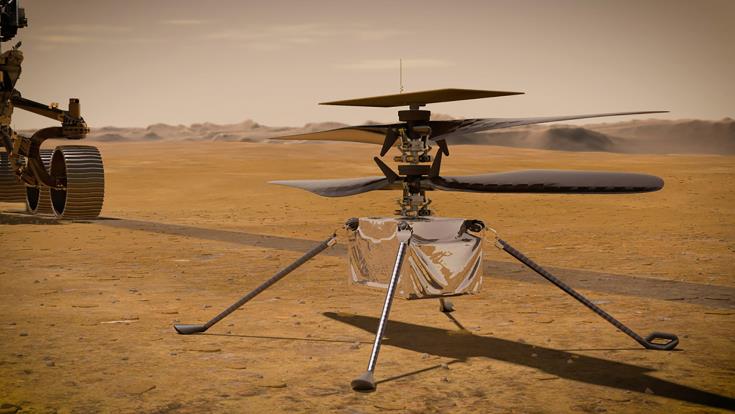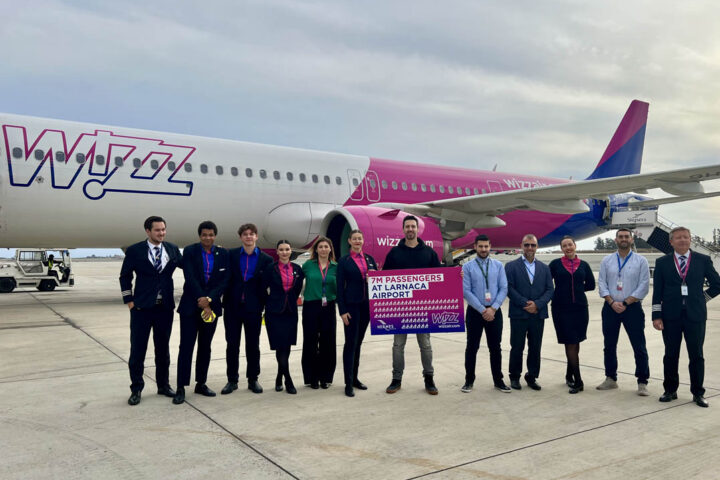In under a month, NASA’s Perseverance groundbreaking rover will land on Mars in search for evidence of ancient extraterrestrial life and carry the names of Cypriots among 11 million people.
The mission, named MARS2020, will also test the first helicopter on another planet, and collect important data about Mars’ geology and climate.
It carries the names of almost 11 million people from many countries, including Cyprus, as part of NASA`s “Send Your Name to Mars” campaign.
Perseverance began its journey on the 30 July 2020 and after covering 471 mln kilometres, it will land on Mars on 18 February.
It also carries instruments and technology that will help pave the way for human missions to the Moon and Mars.
Names of Cypriots
As with previous missions to Mars, NASA’s “Send Your Name to Mars” campaign invited people around the world to submit their names to ride aboard its next rover to the Red Planet.
According to NASA, 10,932,295 people submitted their names, including many Cypriots. The names were stencilled by electron beam onto three fingernail-sized silicon chips, attached to an aluminium plate on the Mars rover.
Extraterrestrial life?
Mars was not always a frozen desert. According to scientific evidence from previous missions, it once had running water that could have supported microbial life, before the planet turned into an icy and dusty desert.
It is believed that earlier in its history, Mars had a warmer environment and therefore could have had the conditions for the development of microbial life.
One of the fundamental questions of humanity and in the science of astrobiology is whether there are any signs of previous microbial life on Mars.
This mission aspires to search for signs of ancient life and answer this question.
First helicopter
NASA’s Perseverance rover is also carrying a small but very significant experiment. It will test for the first time a helicopter on another planet, called Ingenuity.
This tiny helicopter, which weighs 1.8 kilos on Earth, will attempt to demonstrate with its technology whether it is possible to fly on Mars, which has an extremely thin atmosphere.
According to NASA, if successful, these technologies and the experience with flying a helicopter on another planet could enable other advanced robotic flying vehicles that might be part of future robotic and human missions to Mars. (source CNA)










